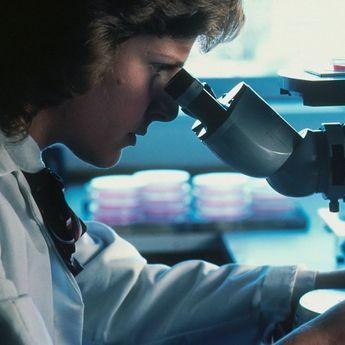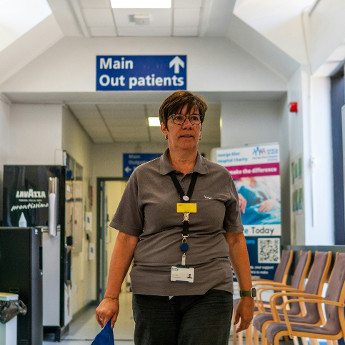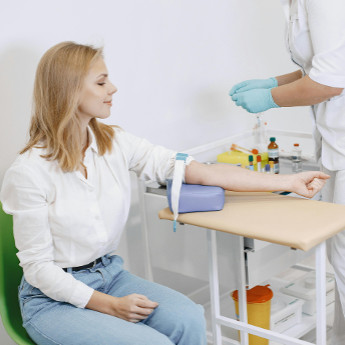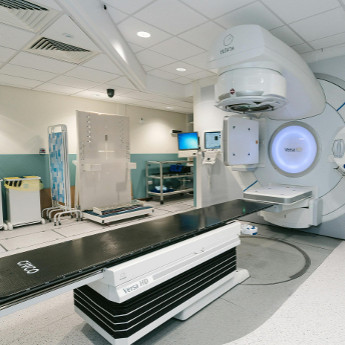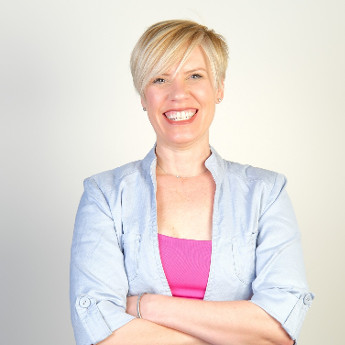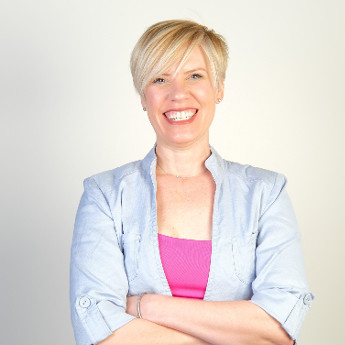By continuing to use our site, you consent to the processing of cookies, user data (location information, type and version of the OS, the type and version of the browser, the type of device and the resolution of its screen, the source of where the user came from, from which site or for what advertisement, language OS and Browser, which pages are opened and to which buttons the user presses, ip-address) for the purpose of site functioning, retargeting and statistical surveys and reviews. If you do not want your data to be processed, please leave the site.
The Voice of People With Breast Cancer
Education
Our Voices Blog
Contributor : CBCN Team
More Than Just a Lump
A lump is one of the most discussed symptoms of breast cancer. However, a lump, and the other well-known signs of breast cancer, are not always the first thing you may notice. You may not even realize what you’re looking at could be a symptom of breast cancer.
Navigating an Intimate Relationship: Avoiding a Communication Breakdown
For most couples, breast cancer is completely new territory, so it’s important for both of you to share how you’re feeling and coping. You can’t expect your partner to automatically understand what you’re going through, and the same goes the other way around. They might not know how to best support you, which is why being open about your emotions, needs, and worries can help you stay connected.
World Breast Cancer Research Day: A Legacy of Compassion for Breast Cancer Care
As we mark World Breast Cancer Research Day on August 18th, we honour the researchers, scientists, and geneticists around the world for their contributions in the advancement of care and research for breast cancer. Here, we focus on some of the people who have made significant differences in improving care.
Players in Healthcare: the Provincial & Territorial Governments
In the second part of our three-part blog series, we are taking a closer look at the role provincial and territorial governments play in healthcare. Spoiler alert, it is a big one!
To Work or Not to Work?
If you are still in the workforce when diagnosed with breast cancer, it is important to understand how it may affect this aspect of your life. Breast cancer is on the rise in women under the age of 50. You may have been diagnosed during a time when you were making meaningful progress in your career or reaching a major professional milestone. It can be a difficult choice to either stop working or continue on throughout your treatment.
Still Burning: Cancer-free but the Heartburn Won’t Quit
Only after being diagnosed with breast cancer and undergoing surgery and treatment did the burning in my throat and chest—the uncomfortable, dry and always-on-fire feeling of heartburn—become a constant in my life. Single-digit years now, cancer-free, I'm still carting a container of Tums in my black Lululemon Everywhere Belt Bag.
Players in Healthcare: The Federal Government
If you’ve ever wondered what role the federal government plays in your healthcare (especially after a breast cancer diagnosis), you’re not alone. Many people may be surprised to learn that while the federal government helps fund healthcare, it doesn’t directly provide hospital or doctor services. Still, it plays several important roles that can affect your treatment and care. Here’s a breakdown of what the federal government does do, how it can matter to you, and some ways you can get involved in advocacy.
Join the TCS Toronto Waterfront Marathon and Fundraise for CBCN
Are you ready to lace up your running shoes for a great cause? On October 18 and 19, 2025, thousands of participants will hit the streets for the TCS Toronto Waterfront Marathon, and this year, you can make every step count by fundraising for the Canadian Breast Cancer Network (CBCN)!
Familial vs Hereditary Breast Cancer: What’s the Difference?
About 5% to 10% of breast cancer cases are passed down through families. Sometimes, several people in a family may have breast or other types of cancer, even if no specific gene mutation is found. This is called familial breast cancer. Having a family history can raise your risk, but it doesn’t always mean the cancer is genetic.
The Emerging Roles of Circulating Tumour DNA and Liquid Biopsies
When going through breast cancer, you often hear about different kinds of tests like scans, biopsies, and blood work. One new kind of test that’s starting to gain attention uses ctDNA or circulating tumour DNA. You may also hear it called a liquid biopsy. But what is it? And how could it help in breast cancer care?
Radiation 411
Radiation therapy: two words that sounded surreal when I heard them attached to my cancer treatment plan. I knew what radiation was, technically, but I was clueless about what the actual experience would be like or how it would affect me. Mostly because my oncology team had described it and its potential side effects in vague terms. Apparently, this isn’t unusual for women like me who’ve been diagnosed with breast cancer.
Dancing Through Diagnosis, part 2
There was a total of three oncologists from different areas of care that I would meet along the way. Then there is my plastic surgeon! The beginnings of a joke. Three oncologists and a plastic surgeon go into a bar... If you have a good joke for this scenario, I would love to hear it. But this is the thought that keeps popping into my head every time I am told about my surgical team.
Dancing Through Diagnosis, part 1
As my towel brushed past the bottom of my right breast, I couldn’t help noticing that something didn’t feel right. Broken glass? It felt like broken glass. Is that possible? Could I have broken my boob? Can you break a boob? My mind began to swirl toward real questions then to ones that were clearly insane and made no sense... and yet, I asked them out loud... to myself... in the mirror.
The Use of Cannabis in Cancer Care
In recent years, cannabis has become a potentially valuable tool to help manage symptoms caused by cancer and its treatment. While the plant has been used medicinally for centuries, modern scientific interest has focused on its potential to lessen pain or nausea, and to improve appetite or anxiety—common challenges faced by people living with cancer. Although cannabis is not a cure for the disease, its role in improving quality of life is increasingly being studied by researchers.
How Surgery, Treatment & Tamoxifen Impact Your Sleep
I vividly remember the first night, after I found out I had breast cancer. I was lying in bed, wide awake with my eyes closed, listening to Trixie the cat purring beside me. My body was heavy, but my mind was wild, racing with thoughts of nothing and everything all mashed together. That was the beginning of a new kind of insomnia. Not the kind where you just can’t fall asleep, but the kind where sleep feels like something you used to do in a different lifetime but can’t access any more.
Why Clinical Trials Are Crucial for People with Breast Cancer
Breast cancer remains one of the most common cancers worldwide. While progress in early detection and treatment has significantly improved survival rates over the past few decades, continued advancement depends on clinical trials. These research studies are the foundation of medical progress, playing a vital role in finding better ways to prevent, diagnose, and treat breast cancer.
How You Can Support Breast Cancer Year-Round
Every October, the world turns pink to highlight Breast Cancer Awareness Month. Social media floods with pink ribbons, brands roll out special edition products, and awareness campaigns gain momentum. But for those impacted by breast cancer, whether they’ve been diagnosed themselves, have a loved one who has, or work in research or care, the experience lasts well beyond one month a year.
Understanding Metastatic Breast Cancer Recurrence
Metastatic breast cancer may come back months or even years after the original diagnosis and treatment. Even after successful treatment, some cancer cells may stay in the body without being detected. This can be a scary and overwhelming experience but understanding what’s happening and what to expect can help you make informed decisions about your health.
I Faced Cancer—Then I Faced Him. How One Man’s Bias Tried to Sink Me
Not long ago, I felt confident about my post-cancer status. Like I was finally rising above and beyond being just a breast cancer survivor. That I could actually do real-life things and shake off some of the lingering shadows. It felt good and empowering, and suddenly, I was ready to take on new challenges. So, I did, by swimming laps at the community centre pool. And boy, did I suck at it horribly.
Healthcare Considerations in the 2025 Federal Election
With the 2025 federal election underway, many of us are thinking about the issues that matter most. These uncertain economic times are at the top of our minds, and ensuring access to healthcare is a crucial part of that. Here are some of the most important healthcare issues to consider in relation to the election.



